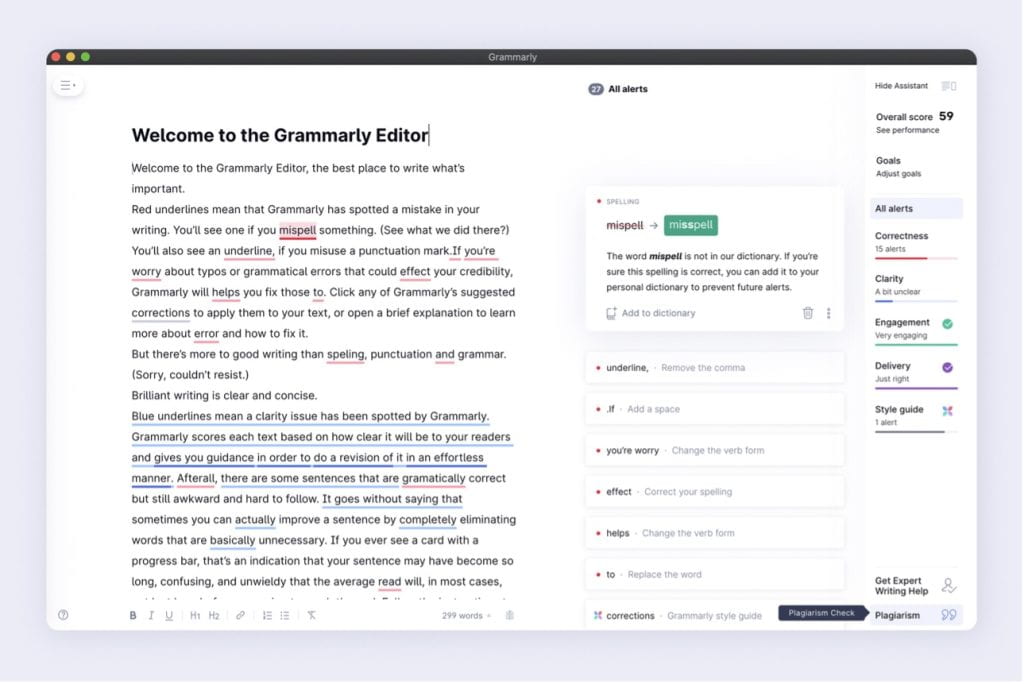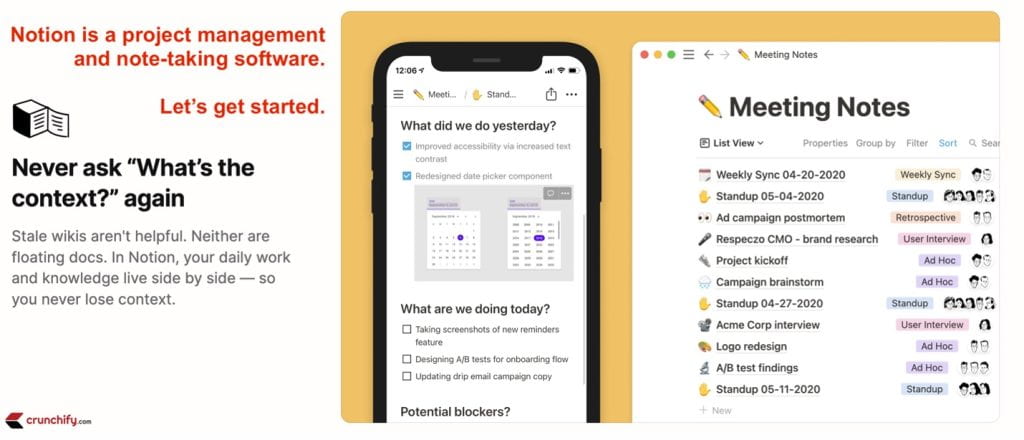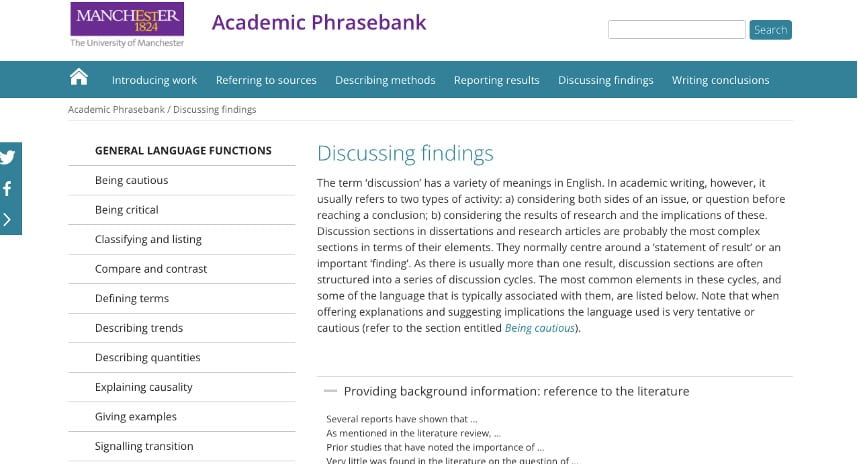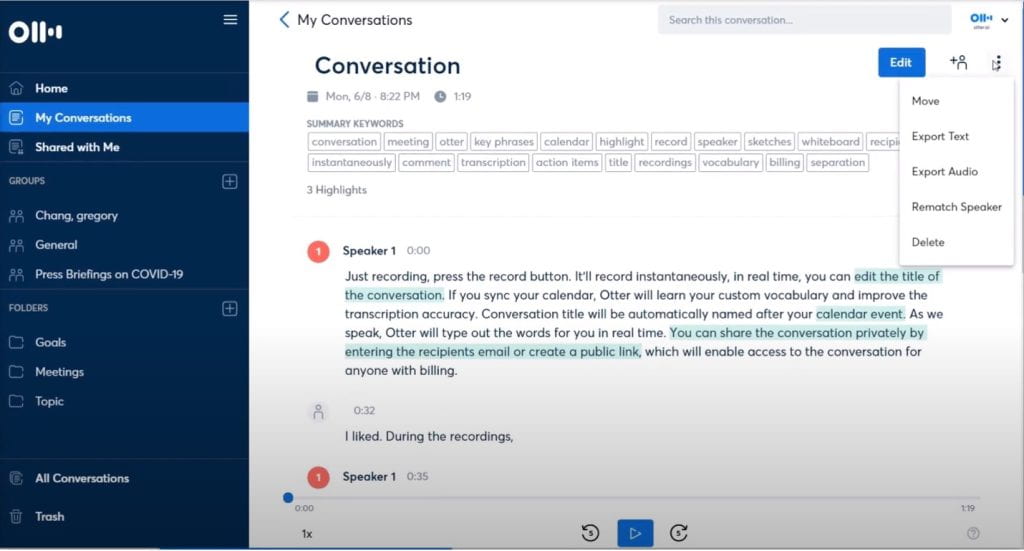As grad students, it’s a bit of an understatement to say the end of the semester is a busy time. Whether it’s wrapping up your own coursework, grading student assignments, or getting that next chapter of the dissertation wrapped, there is always another task on the horizon. And when that horizon seems to stretch on infinitely with assignments yet to be written, it can all seem a bit overwhelming. So, in order to make the prospect a bit less intimidating, today’s article is on three helpful tips for not just making it across the end-of-semester finish line but making it across with your writing assignments, and yourself, in good condition.
Write with Friends
Don’t let that increased workload lead to isolation. Yes, there are times where it’s helpful to work on projects by yourself, especially when they may require an intense level of focus, but make sure to intersperse these with writing sessions involving friends or colleagues. If you’re concerned about the groups becoming too chatty, discuss boundaries before diving into your work to prevent this from becoming an issue. Perhaps you could adopt strategies like writing for fifty minutes and then socializing for ten, or all having all group members meet a pre-chosen goal before joining in conversation; methods like these can help your group embrace a healthy balance of concentration and rest, and you can find more on this topic in our article on writing groups, linked here. Alternatively, you might have a writing group that’s really good at falling into natural rhythms of knowing when to chat and when to work quietly and so those boundaries don’t need to be set. Either way, working with other people not only makes sure that your social needs are met, but it’s a great way to offer and receive motivation as you encourage one another in your tasks, so make sure to bracket it in.
Use the Resources
It may be a busy time of the semester, but don’t let that prevent you from using the writing resources that Baylor has to offer. Attending writing workshops (or listening to the ones stored in the Grad School video library), listening to lectures, and attending writing or study-themed events can not only provide a much-needed change from your main task load, but they may also provide insights that enrich your final projects or make them easier. Additionally, don’t hesitate to take advantage of professors’ office hours or book a consultation with the Graduate Writing Center as ways to get input and feedback that may help polish the final forms of your writing assignments. The GWC also offers several helpful resources on every stage of the writing process, which you can learn more about in this blog article, which gives a short rundown of the services we offer and how they can be of assistance to you. All in all, there are an incredible amount of resources that the university has to offer in your academic endeavors, so be sure to keep an eye for ones that may be of assistance and make time for them as you are able.
Keep Your Energy Up
When you’re swamped with any work, writing or otherwise, it can be easy to let care for yourself fall by the wayside in the form of too little sleep, irregular eating, and not providing your body with some daily movement. It may seem like a lesser concern – after all, it’s just while you finish the semester – but neglecting these areas of your life can also have very real consequences in the form of burnout, illness, and increased fatigue: all issues which can impact the quality of your writing, as well as your overall well-being. So, make time in your schedule to ensure your needs are being met; and if you want to know more about how that can specifically apply to your writing process, take a look at this guide for setting boundaries in the writing process, and how this ultimately benefits you. By taking these deliberate steps, not only will your writing be in better condition at the finish line, but yourself as well. And if you’re struggling achieve that balance on your own, don’t hesitate to reach out to family, friends, and the people who are ready to be there for you.
The end of the semester may be busy, but it doesn’t need to be overwhelming. So, find the group that will keep you motivated, use the resources available for you, and take the rest that you need. Then, when all of your assignments are finally completed, you’ll be ready and in good shape for celebration.











